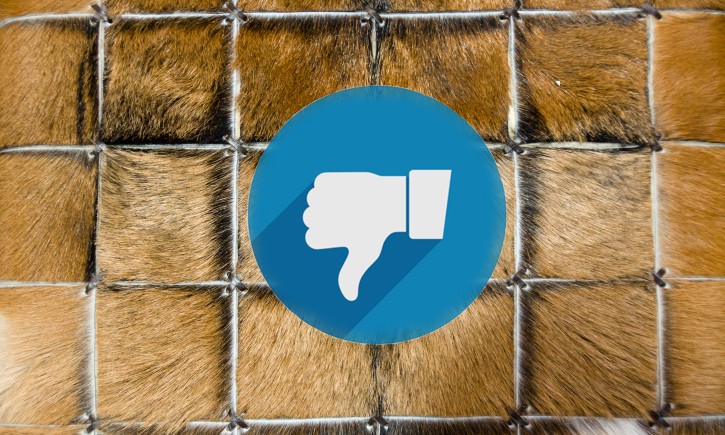Social Disturbance
As an animal and wildlife lover, I’m a huge supporter of organizations like PETA and Sea Shepherd. I’ve long been a PETA member, and I often make a cash donation or purchase when visiting Sea Shepherd’s Seattle store and gallery.
I’ve also followed both organizations on Facebook for years, but recent posts have me considering an ‘unlike’ for both organizations.
Amid my friends’ and families’ wedding albums, baby pictures and carefully curated inspirational content from organizations like Upworthy, Sea Shepherd and PETA have gone to great lengths to make me feel disgusted, sad, and upset on a daily basis.
By ‘liking’ PETA and Sea Shepherd on Facebook, I’ve opened myself up to the stomach-turning trauma of seeing firsthand what only undercover agents and first-responders sign up for.
I’ve watched The Cove and Earthlings. I’ve read Animal Liberation and Eating Animals. But the difference between reading a book or watching a movie, and following along on social media, is that movies and books allow me the time to prepare myself – to steel my resolve – before pressing play or cracking open the page to the horrors.
Social media doesn’t afford me that preparation. Popping into my feed on a near-daily basis are posts upon posts of chopped up whales, animals being electrocuted, and circus and zoo atrocities. Recently, PETA shared a particularly disturbing post featuring a dead and broken-down dog in a plastic pail, awaiting vivisection.
The problem is, I don’t want to unlike PETA, or un-follow Sea Shepherd. I’m a supporter. I understand that they uncover horrors every minute of the day. But as someone who ‘likes’ them, I’m already on side.
So here’s what I’d like to suggest to both organizations, and others who use horrific images on social media: Use your words. By taking the time to craft a story and find appropriate, shareable images (and a warning before linking to more shocking ones) these animal rights’ organizations would allow me time to prepare, process – and ask my friends to do the same.
Until then, I’ll continue to skip past PETA and Sea Shepherd’s posts, and pause instead at compelling, compassionate content by organizations like the BC-based SAINTS Rescue, which posts well-written success stories about rescued animals who have found comfort and cures – and are sophisticated enough to understand that their supporters can connect the dots.
What do you think? Are horrific images required to wake us up to the reality of animal cruelty and wildlife welfare?



